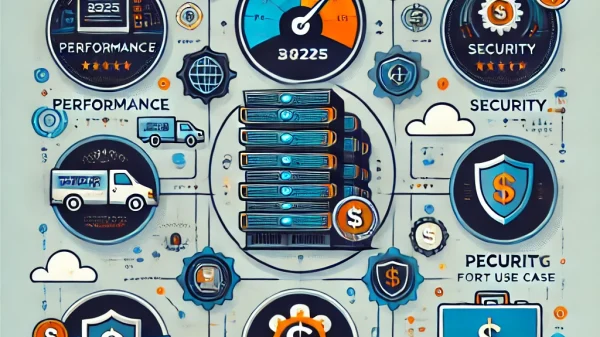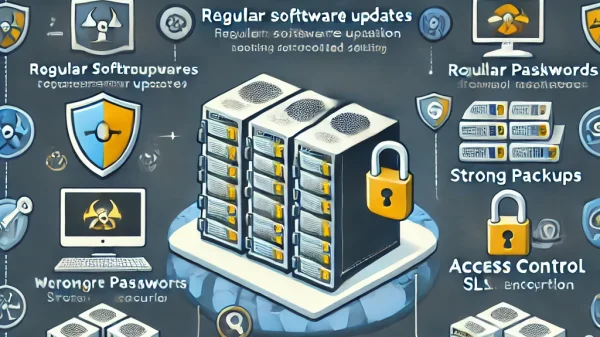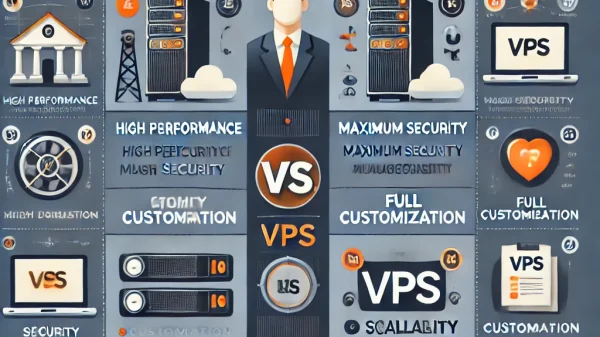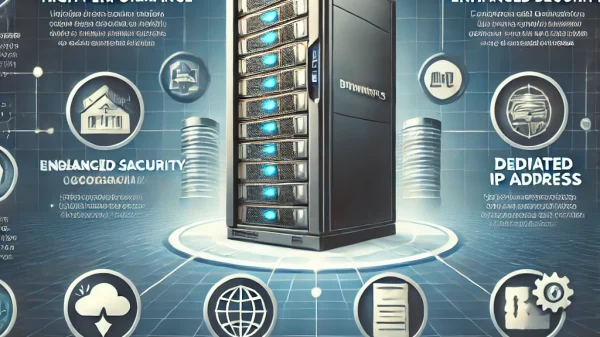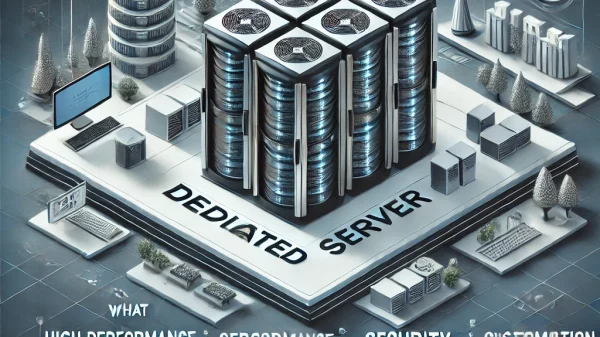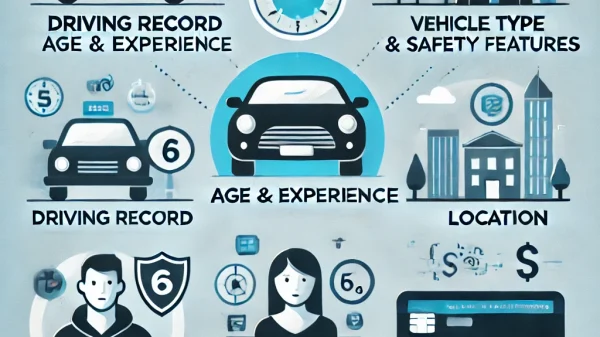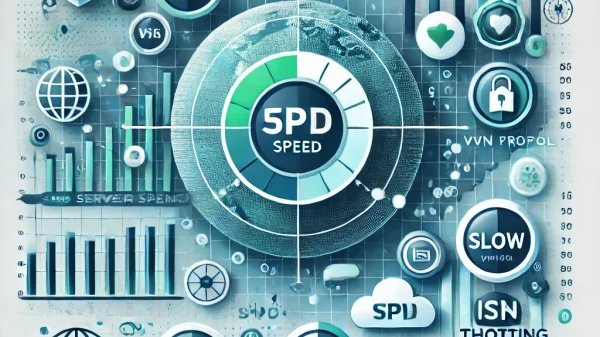n the world of web hosting, a dedicated server is one of the most powerful and reliable options available. Whether you’re running a large-scale website, an eCommerce store, or an application that requires high performance, a dedicated server ensures maximum control, security, and efficiency. But what exactly is a dedicated server, and is it the right choice for you? This guide will help you understand the basics.
| Feature | Description |
|---|---|
| Definition | A dedicated server is a physical server exclusively allocated to a single user or organization. |
| Performance | Offers maximum speed and reliability since resources are not shared. |
| Security | Higher security levels with full control over configurations. |
| Customization | Allows full customization, including software installations and security settings. |
| Ideal For | Large businesses, e-commerce stores, gaming servers, and high-traffic websites. |
| Scalability | Highly scalable for growing businesses needing increased processing power. |
| Cost | More expensive than shared or VPS hosting but provides exclusive resources. |
What Is a Dedicated Server?
A dedicated server is a physical server that is exclusively allocated to a single user or organization. Unlike shared or VPS hosting, where multiple users share resources, a dedicated server provides full access to its processing power, memory, and storage. This makes it an ideal choice for high-traffic websites, resource-intensive applications, and businesses that need maximum security.
How Does a Dedicated Server Work?
A dedicated server operates just like a powerful standalone computer but is housed in a data center with high-speed internet connectivity, cooling systems, and security measures. You get complete control over the server’s configuration, software installations, and security settings.
Key Components of a Dedicated Server:
- CPU (Processor): Determines the speed and performance of your server.
- RAM (Memory): Ensures smooth operation and faster loading times.
- Storage: Can be SSD (Solid State Drive) for speed or HDD (Hard Disk Drive) for larger capacity.
- Bandwidth: Affects the data transfer rate for website visitors.
- Operating System: You can choose between Linux and Windows, depending on your needs.
Advantages of a Dedicated Server
✅ Maximum Performance: Since you don’t share resources, your website or application runs faster and more smoothly.
✅ Enhanced Security: Dedicated servers provide better security since you control all configurations, reducing vulnerability to malware and attacks.
✅ Customization & Control: You can install any software, configure settings, and manage security protocols without restrictions.
✅ Scalability: Suitable for growing businesses that require increased processing power and storage over time.
✅ Better Reliability: Unlike shared hosting, where a spike in traffic from another site can affect performance, a dedicated server ensures stable uptime.
Who Should Use a Dedicated Server?
🔹 Large Businesses & Enterprises: Companies with high website traffic or sensitive data need dedicated resources.
🔹 E-Commerce Stores: Online stores handling large transactions require strong security and fast performance.
🔹 Gaming Servers: Multiplayer online games need high processing power and low latency.
🔹 Media Streaming Services: Video streaming platforms benefit from high bandwidth and processing capabilities.
🔹 Developers & IT Professionals: Businesses requiring custom configurations and software installations prefer dedicated servers.
How to Choose the Right Dedicated Server
✔️ Processor Power: Choose a CPU that matches your workload—Intel Xeon or AMD EPYC are common choices.
✔️ RAM & Storage: The more RAM and SSD storage, the better the performance.
✔️ Bandwidth: Ensure sufficient bandwidth to handle your traffic without slowdowns.
✔️ Security Features: Look for DDoS protection, firewalls, and backup solutions.
✔️ Support & Management: Some providers offer fully managed dedicated servers if you lack technical expertise.
Is a Dedicated Server Right for You?
If your website is experiencing slow speeds, security concerns, or growing traffic, upgrading to a dedicated server can significantly improve performance. However, it’s more expensive than shared or VPS hosting, so it’s best suited for businesses that require high power, reliability, and security.
Would you like help selecting a hosting provider? Let me know! 🚀

